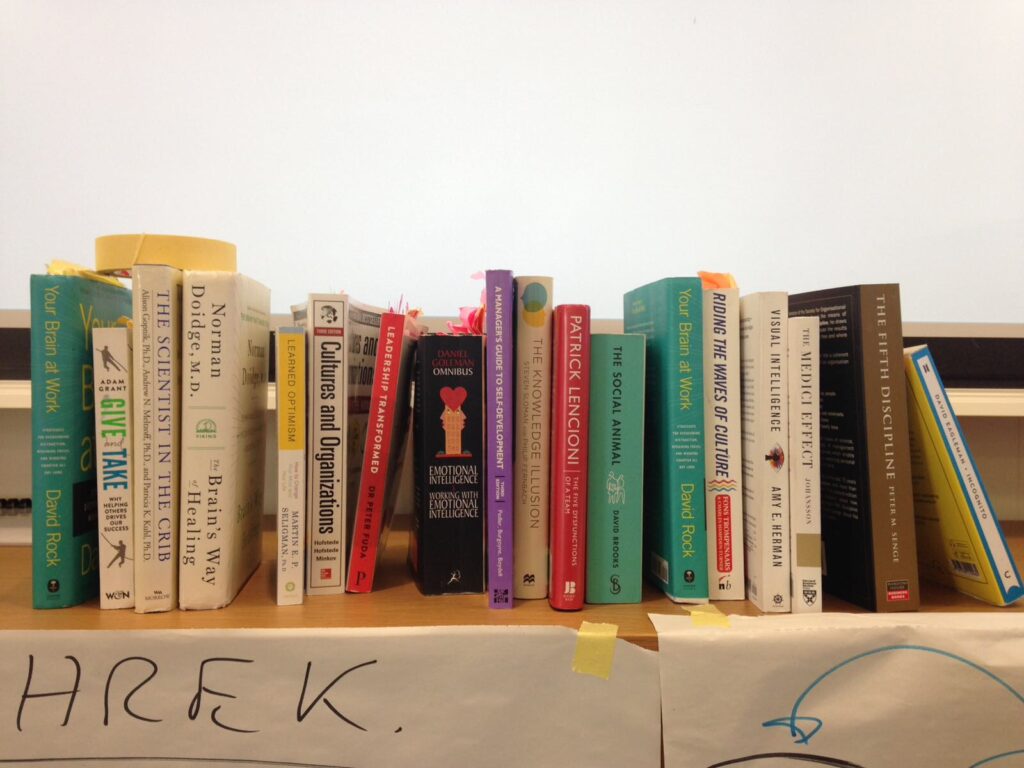Last time, we explored the Great Tupperware Lid Conspiracy and learned that missing lids are less about lunch prep and more about resilience, control, and whether you can cope with life without swearing at plastic.
This week, we’re moving from kitchens to stationery drawers.
Because nothing reveals human nature quite like borrowing a pen.
The Pen Problem
You lend someone a pen. They sign their form. You watch them — you know they’ve finished — and yet the pen drifts casually into their pocket, never to be seen again.
Do you confront them? No. You stew in silence. Because the ancient unwritten rules of pen-borrowing are somehow stricter than tax law:
1. Borrow, use, return. Quickly.
2. If you “accidentally” keep it, act guilty. (Even if you’re not.)
3. If it’s a special pen, the lender must make a speech. Otherwise, it’s fair game.
The Psychology of the Pocketed Pen
Here’s why pens matter: they’re not about ink. They’re about trust and reciprocity.
Modern behavioural science calls these micro-transactions of trust (Fehr & Gächter, Human Nature, 2002). Small exchanges build — or corrode — the invisible glue of relationships.
Your brain takes them seriously. Studies using fMRI show that when someone cheats us in small ways (like breaking promises in “trust games”), the anterior cingulate cortex and insula light up — the same regions linked to social pain and disgust (Chang et al., PNAS, 2011).
Translation: when someone steals your pen, your brain treats it like a mini-betrayal. Which explains why you’re still irrationally angry about losing that Parker in 1998.
Why Small Acts Matter (Science Says So)
Small slights add up: A 2021 study on “micro-inequities” found that repeated tiny breaches of trust compound over time into major relationship stress (Cortina et al., Journal of Management).
Fairness is primal: Even toddlers get upset when others don’t share fairly. The pen is basically a modern banana in the classic “monkey fairness” experiment (Brosnan & de Waal, Nature, 2003).
Reciprocity builds networks: Sociologist Mark Granovetter showed in The Strength of Weak Ties that these small exchanges create the wider trust networks we rely on for opportunities, jobs, and collaboration. Pens are the training ground.
Global Pen Etiquette
Japan – A pen given in a meeting is a gift, not a loan. If you want it back, you’d better say so up front.
US – Freebie pens are basically a public resource. If you don’t want it stolen, don’t bring it.
India – Offering a pen in exams or negotiations signals generosity. But don’t expect it back — hospitality overrides ownership.
UK – We’d rather die inside than ask for it back. Instead, we seethe quietly and buy multipacks from WHSmith.
Four Pen Rules That Work in Life
1. Name It, Claim It
With pens: If it’s your favourite, say so. “This is my nice pen — please give it back.”
In life: State boundaries clearly. Don’t expect people to read your mind. If working late is a no-go, say it. If you need credit for a project, claim it. Boundaries unspoken are boundaries broken.
2. Don’t Pocket What Isn’t Yours
With pens: Return it. Always. Nobody ever looks good hoarding Bics.
In life: Honour small commitments. Reply when you said you would. Show up on time. Respecting the “small stuff” builds trust credits you can cash in when bigger asks come along.
3. Carry a Spare Pen Strategy
With pens: Keep a stash of cheap ones to lend. Save your good pen for yourself.
In life: Build buffers. Extra time in your diary, a rainy-day fund, a backup plan. These stop minor betrayals or disruptions from knocking you flat.
4. Notice How People Borrow
With pens: Do they return it cheerfully? Or hoard it with magpie energy?
In life: Watch the small cues. If someone can’t respect tiny exchanges, don’t expect miracles when the stakes are higher. Trustworthiness isn’t usually revealed in the big speeches — it leaks out in the biro moments.
The Big Lesson Under the Pen
Pens aren’t just stationery. They’re stress tests for respect, trust, and reciprocity.
So next time someone borrows your pen, notice what happens. Because how people handle your biro might be exactly how they’ll handle your boundaries, your time, and your trust.
From Pens to Plans
Next week, we’ll go from things we share to things we ditch: The Absolute Joy of Cancelling Plans.
Spoiler: Neuroscience says cancelling can make you happier than actually showing up. (And yes, the Germans have a word for it.)



